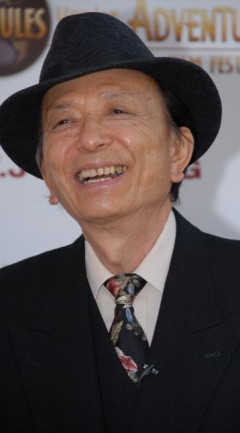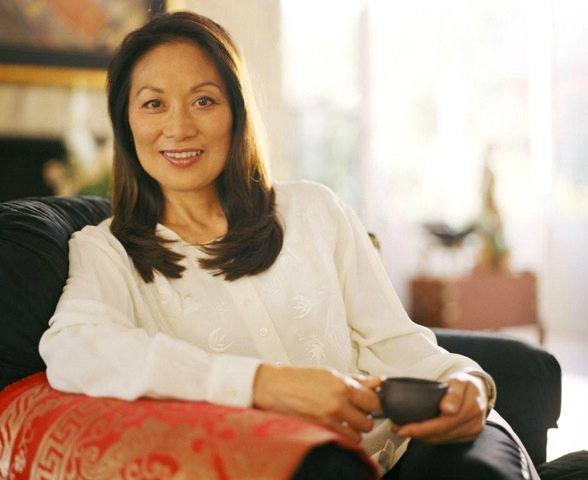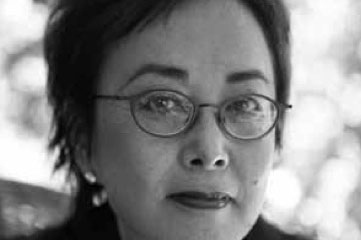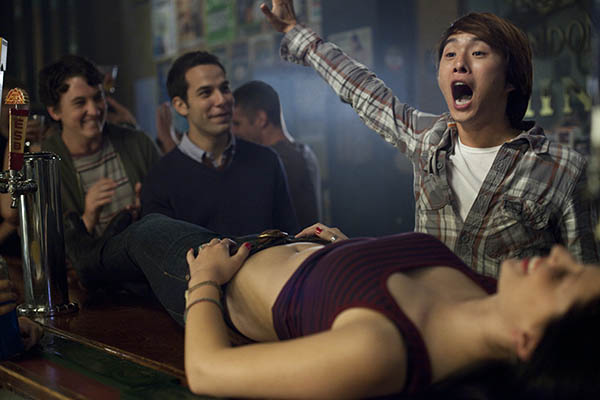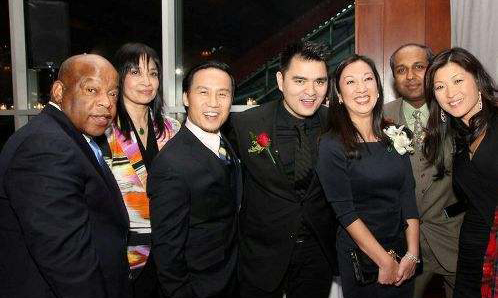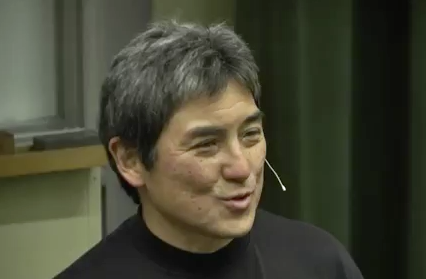Spotlight
James Hong, Veteran Actor Receives His Star on Hollywood's Walk Of Fame! 2022 is a Year of Great Firsts for Asian Americans in Hollywood
Spotlight - Business
September 27 - 16th Annual Chinese American Museum Historymakers Gala
Los Angeles
The Chinese American Museum's 6th anual 2012 Historymakers Awards Banquet takes place this year September 27 at The Westin Bonaventure.
Prominently recognized as one of the premiere Chinese American events in Southern California, the event honors the achievements of extraordinary individuals who have made a significant impact or lasting contributions towards the advancement of the Chinese American community and beyond in the fields of art, literature, journalism, medicine, film, science, business, government, law, athletics, and community service.
This year’s Historymakers Awardees include:
Excellence in Corporate Leadership – Tom McKernan and the Automobile Club of Southern California;
Excellence in Medicine and Community Service – Dr. Carl K. Moy, an OB/GYN who practices in Chinatown and Monterey Park;
Excellence
in
Government
-
Honorable
Carol
Liu,
California
State
Senator,
21st
District,
serving
Burbank,
Glendale,
Pasadena,
San
Gabriel,
Temple
City,
La
Cañada
Flintridge,
East
Pasadena
and
East
San
Gabriel;
Lifetime Achievement Award – Dr. Dan S. Louie, Jr., Chinese American Citizens Alliance;
The Judge Ronald S.W. Lew Visionary Award – Latham & Watkins, LLP.
Justin Chon stars in 21 and Over
Hollywood
February 26, 2013
What?!! An Asian American male star in a Hollywood movie that isn't a Kung Fu film?
Justin Chon ("Twilight"), steps into the spotlight as the lead character in the comedy 21 and Over, opening in theaters nationwide March 1.
Chon, 31, was born in Garden Grove in Orange County, California, and was raised in Irvine, California. He attended business school at the University of Southern California. At age 20, Chon began taking acting lessons, inspired by growing up watching his father in black and white films. His father is a former child actor from South Korea.
AsianConnections' Suzanne Joe Kai chatted with Justin about his new role, breaking stereotypes, and what's next in his fast-rising career. (For the full interview transcript click on the blue headline link above.)
Justin: Hey Suzanne, thank you.
Suzanne: You’re right from Orange County, California!
Justin: Yeah, Irvine. Yeah, born and raised. I was born in Garden Grove Hospital.
Suzanne: Can you describe your role in your new film 21 and Over coming out in theaters March 1, 2013?
Photos: AALDEF Honors Congressman John Lewis, Jose Antonio Vargas, and Simone Wu with 2013 Justice in Action Awards
New York City
Congressman John Lewis, Member of the U.S. House of Representatives (Georgia), Jose Antonio Vargas of Define American, and Simone Wu of Choice Hotels International, Inc. received the Asian American Legal Defense and Education Fund’s (AALDEF) 2013 Justice in Action Awards at AALDEF’s annual Lunar New Year benefit, held at PIER 60 Chelsea Piers in New York on February 19, 2013.
2013 AALDEF Justice in Action honorees Jose Antonio Vargas, Simone Wu and Congressman John Lewis. Photo by Lia Chang
Since 1987, AALDEF has presented the Justice in Action Awards to exceptional individuals for their outstanding achievements and efforts in advancing social justice. The awards were presented by Rep. Grace Meng, the first Asian American to represent New York in Congress, Tony Award-winning playwright of M. Butterfly David Henry Hwang, and Gordon Smith, CEO of Consumer and Community Banking, JPMorgan Chase.
Congressman John Lewis, Member of the U.S. House of Representatives (Georgia), Margaret Fung, AALDEF executive director, BD Wong, Jose Antonio Vargas of Define American, and Simone Wu of Choice Hotels International, Inc., Sree Sreenivasan, Chief Digital Officer at Columbia University and Juju Chang, Emmy Award-winning correspondent for ABC News Nightline at the Asian American Legal Defense and Education Fund’s (AALDEF) 2013 Justice in Action Awards held at PIER 60 Chelsea Piers in New York on February 19, 2013. Photo by Lia Chang
Guy Kawasaki - The Top Ten Mistakes of Entrepreneurs
UPDATE:
We received alot of positive feedback to our posting of Guy Kawasaki's Spring, 2013 talk at the UC Berkeley Startup Competition (Bplan).
The former chief evangelist of Apple and co-founder of Garage Technology Ventures is such a good speaker that you wanted to hear more of him. He was the keynote speaker at the first Donald W. Reynolds Governor's Cup Business Plan Competition at the University of Central Oklahoma in Edmond in 2005, and its timeless.
You
can
click
on
the
top
blue
headline
to
the
full
story
and
his
video
or


